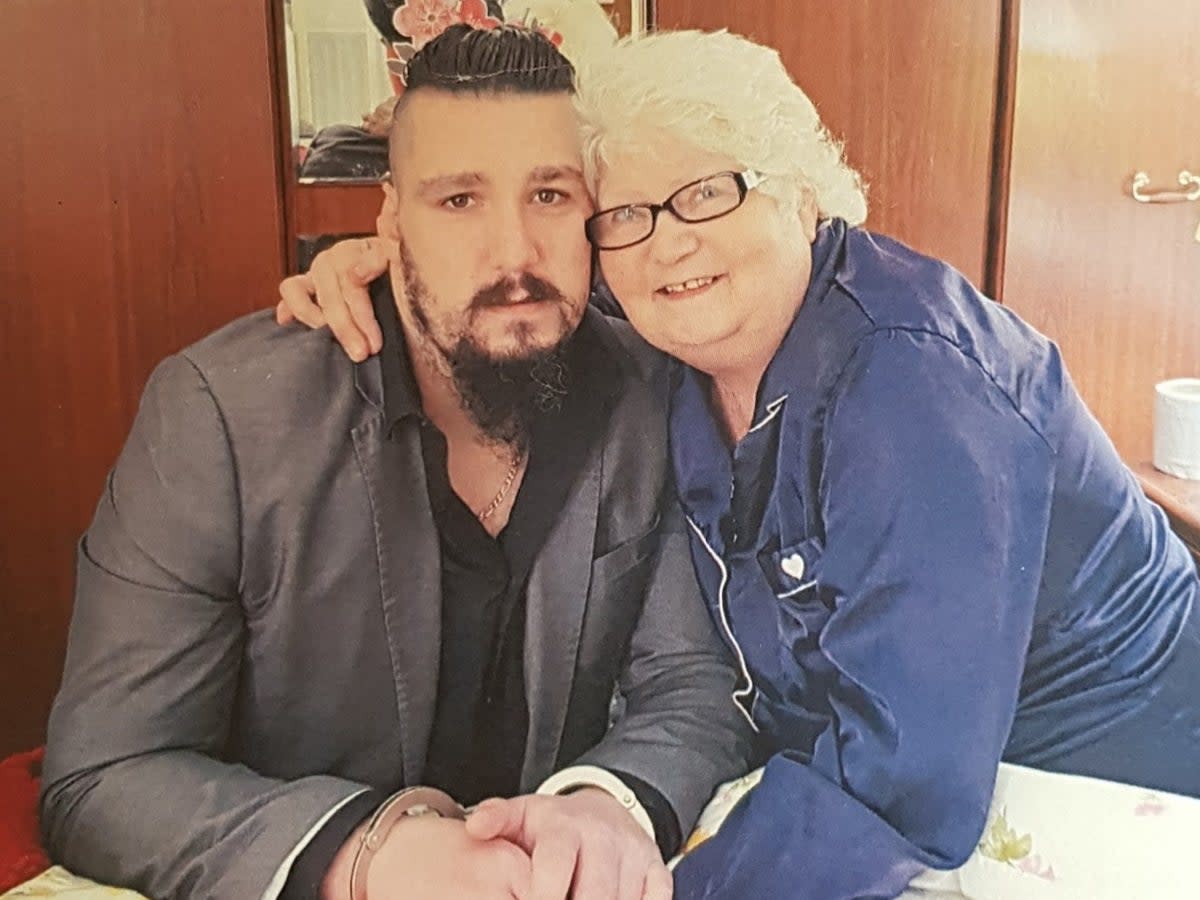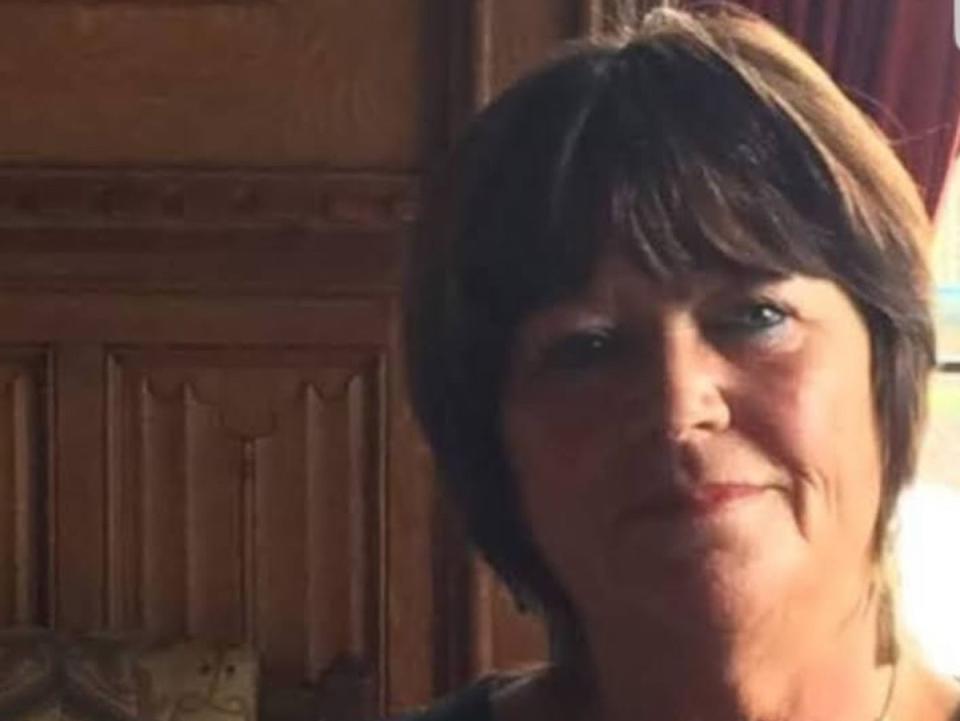Prisoner dreams of ‘normal life’ after spending 18 years in jail for 23-month sentence

A prisoner who has served 18 years in prison after he was given a 23-month jail term has spoken of his desperation for a “normal life” as he makes his seventh bid to be freed from an indefinite sentence.
Wayne Williams was locked up aged just 17 for attempting to injure a police officer in a fight. He was told he must serve a minimum sentence of one year, 11 months and 20 days when he was handed an imprisonment for public protection (IPP) sentence in 2006.
But he is still in prison 18 years later after a string of failed parole bids, as he battles “fear, paranoia and loneliness” under the inhumane sentencing policy, which has since been abolished.
Now 36, Mr Williams hopes he may finally win his freedom as he faces his seventh parole board review this summer, after the probation service said they supported his release.
In letters from HMP Wymott, seen by The Independent, he revealed the “hell” of his incarceration at the category C prison in Lancashire as he struggles with declining mental health.
Wayne, who grew up in a string of foster homes and secure units, said the IPP sentence is the hardest thing he has ever endured.

“I feel that for the last 18 to 19 years I’ve just been waiting, like I’ve been in a queue and waiting for the line to reduce, but it never does, just going around and around in a revolving door,” he wrote.
“I have truly been through hell the last 10 to 12 years, where my mental health has slowly declined and my paranoia has gone through the roof. I no longer feel safe and I just live my life one day at a time, no planning, no hope and in a constant state of fear, paranoia, loneliness with no end in sight.
“I feel that I’m screaming at the top of my voice and everyone is ignoring me and conspiring against me so that I would kill myself.”
IPP sentences – under which offenders were given a minimum jail term but no maximum – were scrapped in 2012 amid human rights concerns. But the abolition of the policy did not affect those already sentenced, leaving thousands of prisoners like Wayne languishing in jail for years beyond their original prison term.
He added: “All of my current mental health issues have magnified and I feel that all my ill health has come from my IPP prison sentence. All I want to do is live some kind of normal life, have a relationship, have a family and live the rest of my life with some kind of normality.”
Following the death of his grandmother, Wayne’s only family member, he has been supported by campaigner Shirley Debono, who founded the group IPP Committee in Action. Last year she counselled him through a 20-day hunger strike as he lost hope of ever being freed.
“When he was really ill from not eating, I could hear the weakness in his voice, and I was saying to him ‘Please, please eat something,’” Ms Debono told The Independent. “He’s been in trapped in the system for so many years, when he gets out it’s going to be so strange for him.”
She called for the Labour Party to act urgently to help IPP prisoners if it wins the election, after the flawed policy was introduced under New Labour in 2005.
“They need to admit that they brought out this horrible, evil sentence back in 2005 and gave it to the wrong people,” she said. “They need to tell the public that they made a massive mistake and they put people in prison for years and years for minor crimes.
“I know they want to be seen to be tough on crime, but they need to be seen to be fair as well. There’s no justice without fairness.”

The Independent has called for an immediate review of the sentences of almost 3,000 IPP inmates still languishing in prison – 708 of whom have served more than 10 years longer than their original sentence.
Almost 90 IPP prisoners have died by suicide, as families and campaigners issue calls for a resentencing exercise.
Recent cases highlighted by this publication include that of Thomas White, who set himself alight after serving 12 years for stealing a mobile phone, and Yusuf Ali, who did not eat for 61 days as he lost hope of ever being freed from his IPP sentence.
Although recent reforms passed under the Victims and Prisoners Bill will reduce the IPP licence period from 10 years to three for offenders in the community, they will do little to help those who have never been released.
The prison service was approached for comment.
If you are experiencing feelings of distress, or are struggling to cope, you can speak to the Samaritans, in confidence, on 116 123 (UK and ROI), email jo@samaritans.org, or visit the Samaritans website to find details of your nearest branch. If you are based in the USA, and you or someone you know needs mental health assistance right now, call or text 988, or visit 988lifeline.org to access online chat from the 988 Suicide and Crisis Lifeline. This is a free, confidential crisis hotline that is available to everyone 24 hours a day, seven days a week. If you are in another country, you can go to www.befrienders.org to find a helpline near you.


